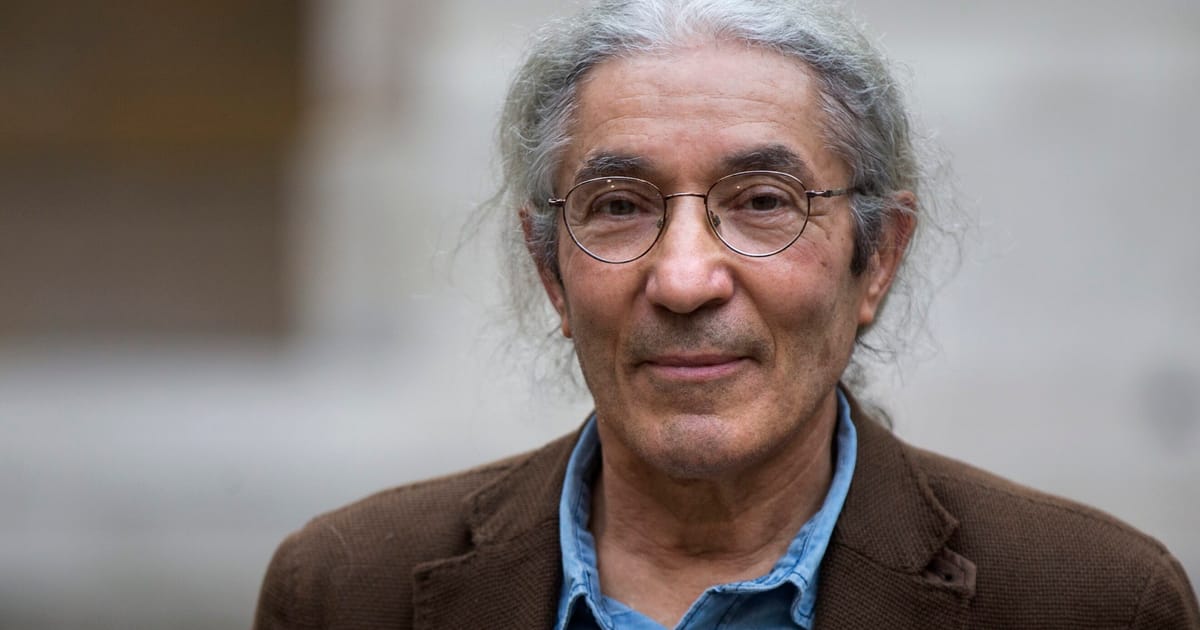

In a series of significant global updates, issues of culture, politics, and security have come into sharp focus, affecting nations and individuals alike. Each story, while unique in its context, presents a broader narrative of the complex world in which we live.
In Algeria, the struggle for freedom of expression has come to the forefront as the court upholds a five-year prison sentence against renowned author Boualem Sansal. Sansal’s supporters argue that this verdict is less about the crime and more about leveraging his high profile as a geopolitical pawn. The complexities of this case underscore broader concerns about artistic expression and its intersections with political power. His detention has sparked discussions and protests in Algeria and beyond, revealing the ongoing tension between authorities and independent voices, particularly those that are critical of the government.
Meanwhile, in Eastern Europe, the Polish government has taken a decisive stance to institute border checks with Germany and Lithuania. This decision reflects increasing tensions related to illegal immigration within the European Union’s Schengen Area, famed for its policy of open borders. Heightened domestic political pressures and far-right movements advocating stricter controls have influenced this move, marking a shift towards more conservative border management strategies. The checks are an immediate response to irregular migration flows, as Poland grapples with preserving national security while adhering to EU principles.
In a separate development concerning international justice, the International Criminal Court (ICC) has reported a sophisticated cyberattack that coincided with a NATO summit in The Hague. Though the threat has been contained, this incident highlights the growing vulnerability of global institutions to cyber threats. The court’s proactive approach to assessing the impact and reinforcing its defenses is a reminder of the intricate balance between maintaining security and fostering international cooperation.
Turning to the Southern Hemisphere, Chile’s political landscape is poised for change as Jeannette Jara, a former labor minister, emerges victorious in the leftwing primaries. As a representative of the communist faction, her leadership marks a pivotal moment for Chile’s ruling coalition, set against a backdrop of political diversification and mounting opposition from center-right and far-right parties. Her candidacy signifies a shift in the political dialogue, focusing on social reform and workers’ rights within the upcoming electoral context.
From the fashion industry, Italian luxury brand Prada has faced criticism for its latest Kolhapuri-inspired sandals, accused of cultural appropriation. The brand has responded by acknowledging the sandals’ origins, a step highlighting the ongoing discourse around cultural sensitivity and the responsibility of global entities to honor traditional craftsmanship. This scenario sheds light on the delicate interplay between innovation in fashion and respect for cultural heritage, calling for meaningful dialogues that promote inclusivity.
In the UK, the welfare system is undergoing scrutiny as the government considers making further concessions on a contentious welfare bill. Debates surrounding this legislation reflect wider societal concerns about social security, inequality, and the need for policies that align with contemporary values while accommodating diverse voices, particularly from marginalized groups. These discussions aim to prioritize co-production and inclusivity, ensuring that reforms resonate with the communities they are designed to serve.
Finally, the technological landscape also faces challenges with news of a potential closure of a prison unit in Western Australia, following the tragic death of a teenager. This case emphasizes the urgent need for reforms within detention systems and advocacy for the protection of vulnerable populations under state care. It serves as a broader call for justice systems worldwide to uphold standards that protect individuals, especially minors, from harm.
As these varied stories unfold, they collectively paint a picture of the diverse and interconnected challenges facing countries today. Whether through confronting issues of sovereignty, security, or socio-economic inequities, nations and their citizens continue to navigate a complex global tapestry with resilience and a drive towards progress.
Source: {link}
